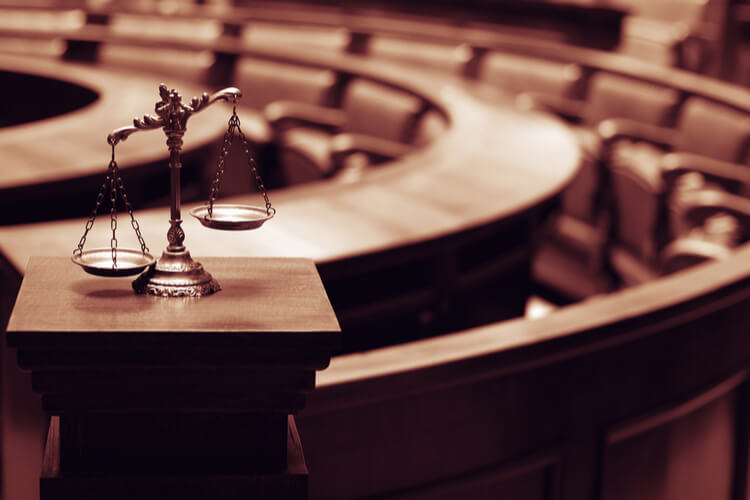
Effective courtroom etiquette is crucial for legal professionals to maintain a respectful and professional environment during legal proceedings. Implementing strategies and tips for courtroom etiquette enhances the overall effectiveness of legal professionals in the courtroom setting.
Understanding Courtroom Dynamics
In any legal setting, understanding the dynamics of the courtroom is fundamental. Legal professionals must be aware of the roles and responsibilities of everyone involved, from judges and lawyers to court clerks and bailiffs. This awareness sets the stage for proper etiquette throughout the proceedings.
Professional Appearance and Demeanor
One of the first impressions in a courtroom is visual. Legal professionals should dress in a manner that reflects respect for the court and the legal process. Proper attire and a professional demeanor contribute to the credibility of the individuals involved. This extends to non-verbal communication, such as body language and eye contact.
Punctuality and Preparedness
Being on time for court hearings and being thoroughly prepared are signs of respect for the court’s time and resources. Lawyers should ensure all necessary documents and evidence are organized and readily available. This not only demonstrates professionalism but also contributes to the efficiency of the legal proceedings.
Respectful Communication
Maintaining a respectful tone and language is imperative in the courtroom. Legal professionals should address the court, opposing counsel, and other parties with courtesy and formality. Avoiding confrontational or disrespectful language fosters a positive atmosphere and contributes to the fair administration of justice.
Technology Etiquette
In today’s digital age, it’s essential to adhere to proper technology etiquette in the courtroom. Silence mobile devices, refrain from unnecessary internet use, and follow any specific courtroom rules regarding the use of electronic devices. This ensures that distractions are minimized, and proceedings run smoothly.
Handling Interruptions and Objections
Understanding how to handle interruptions and objections gracefully is a key courtroom skill. Lawyers should be prepared to respond calmly and professionally to objections, avoiding unnecessary arguments. This contributes to a more streamlined legal process and helps maintain the decorum of the courtroom.
Adapting to Courtroom Customs
Each courtroom may have its own set of customs and procedures. Legal professionals should familiarize themselves with these nuances to navigate the courtroom effectively. This includes understanding the judge’s preferences, local rules, and any unique practices specific to the jurisdiction.
Collaboration and Cooperation
Promoting a spirit of collaboration and cooperation among legal professionals fosters a more positive courtroom environment. While advocating for their clients, lawyers should strive to work constructively with opposing counsel and court personnel. This approach contributes to a smoother legal process and may even facilitate settlements outside of court.
Managing Courtroom Stress
Legal proceedings can be stressful, and maintaining composure is essential. Implementing stress-management strategies, such as deep breathing or mindfulness techniques, can help legal professionals stay focused and perform optimally in the courtroom.
Continuous Professional Development
Staying updated on legal procedures and courtroom etiquette is an ongoing process. Legal professionals should engage in continuous professional development to enhance their skills and stay abreast of any changes in the legal landscape. Attending relevant workshops and seminars ensures that professionals are well-equipped to navigate the complexities of the courtroom.
In conclusion, effective courtroom etiquette is a multifaceted skill set that contributes to the smooth functioning of legal proceedings. By understanding courtroom dynamics, maintaining professionalism, and adapting to customs, legal professionals can enhance their effectiveness in the courtroom. Continuous learning and a commitment to respectful communication are essential for building a strong foundation in the legal profession.
For more insights on courtroom etiquette and effective legal strategies, visit Courtroom Etiquette Implementation Strategies Tips.









